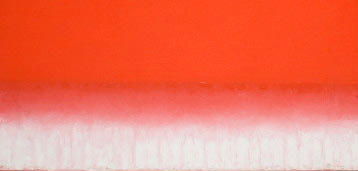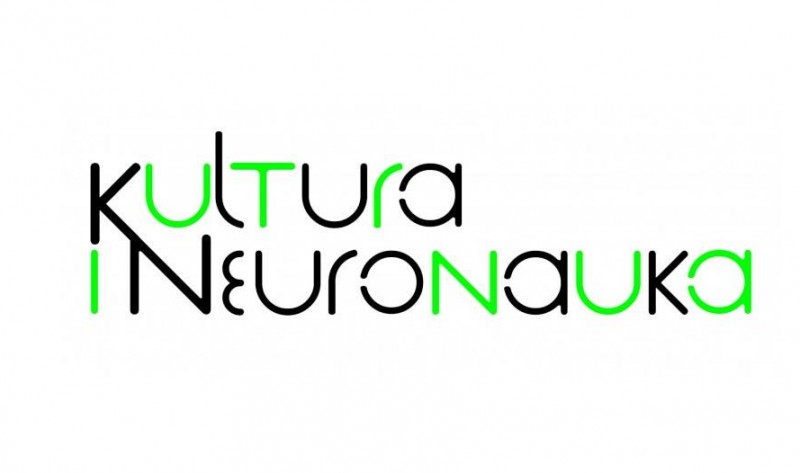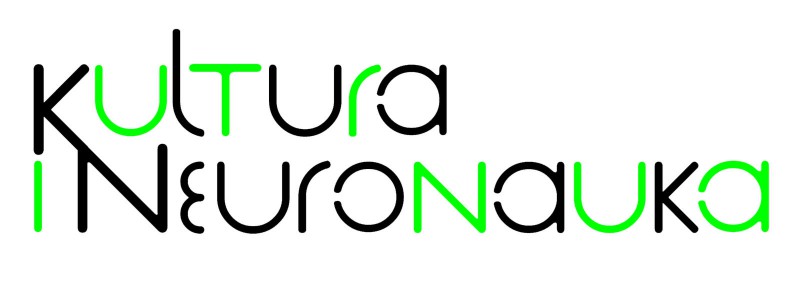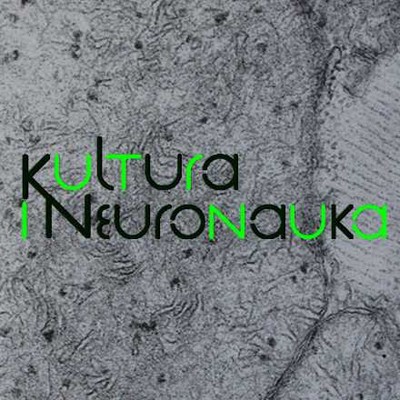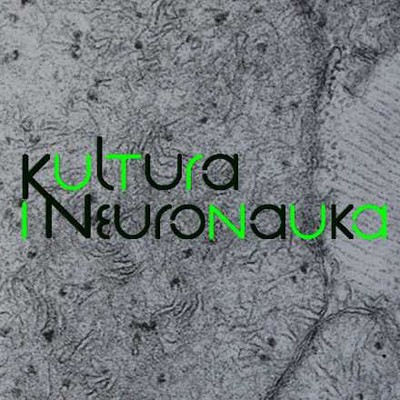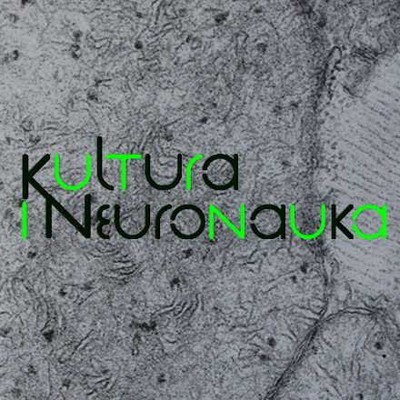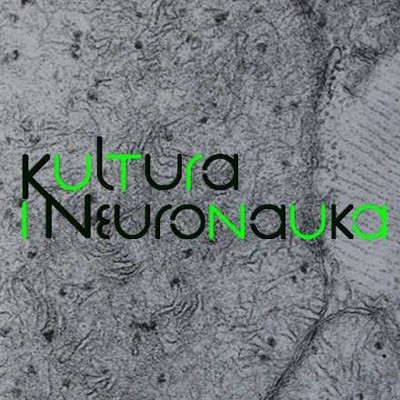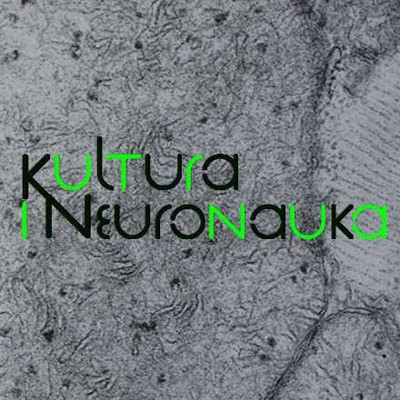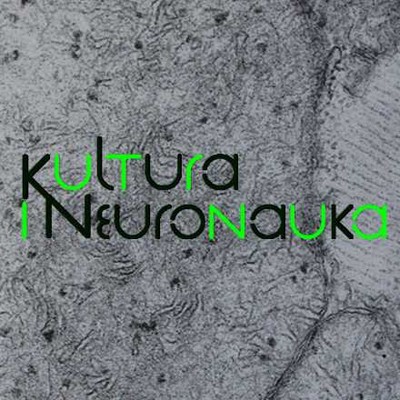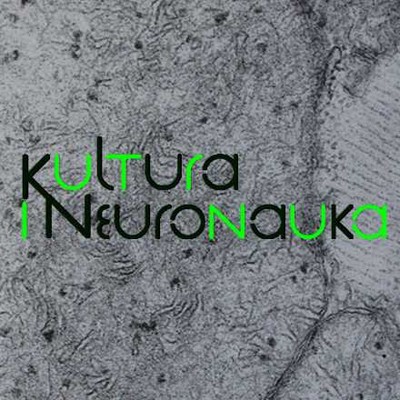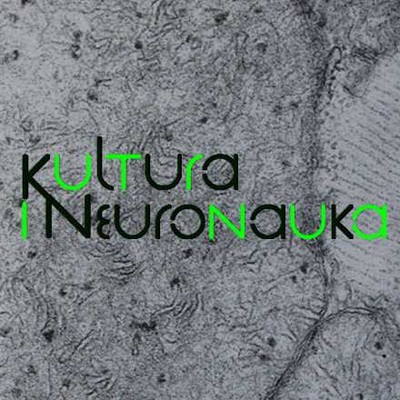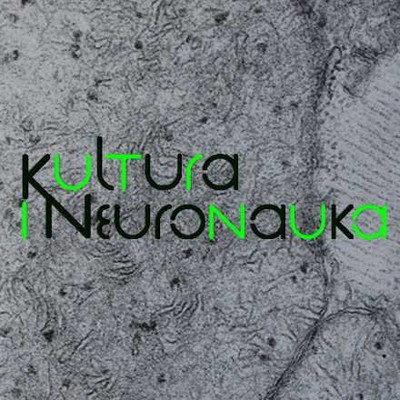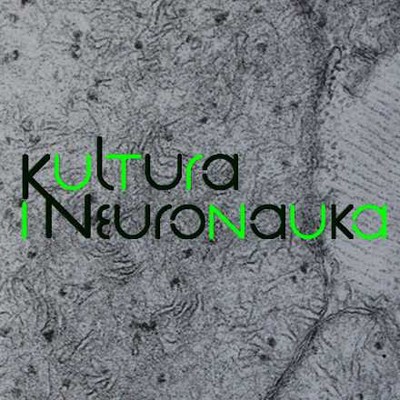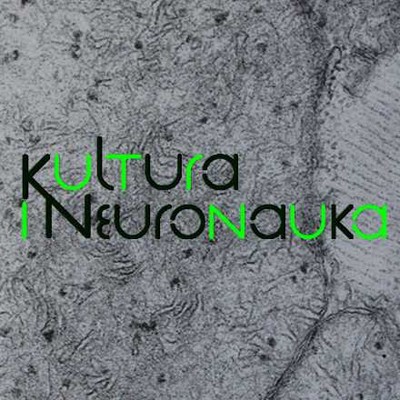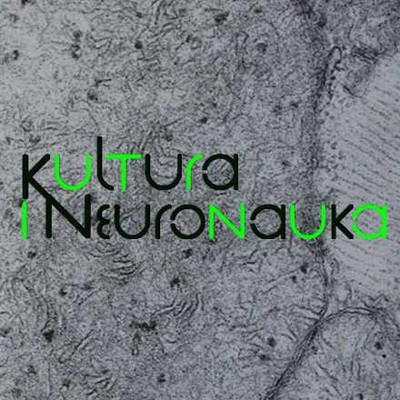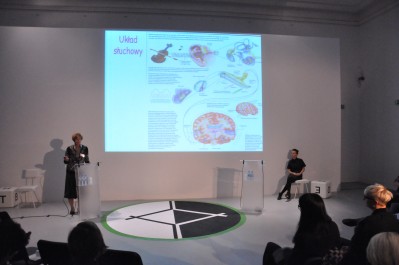Conference Culture and Neuroscience
Zachęta – National Gallery of Art
free entry
The Conference Culture and Neuroscience has been organized by Karolina Wiktor, a visual artist who in 2009 had two strokes and as a result suffered from aphasia (a speech impediment caused by damage to the brain). “I learned about the huge potential of our brain in an organoleptic way, I would say. Vertebral artery aneurysm and two strokes made me realize how fragile our being is. At the same time, it was exactly my sickness that made me aware of the big gaps in education and public awareness. Learning letters and words from the beginning helped me understand the meaning of certain words, such as <dialogue and cooperation for social development>. No matter how loftily this may sound, I see sense in it.” – says Karolina Wiktor. This formed the starting point for the idea of a conference which would connect neuro-science with culture in a broad sense. A dialogue between these two fields is underway, but it is carried out in a closed milieu and is difficult to understand as a result of too much hermetic terminology. It is our desire that this conference will contribute to a wider significance and open character of these discussions by enabling people from both culture and science, and the healthy and the disabled, to all contribute.
PROGRAMME
10 a.m.
Conference opening by Hanna Wróblewska (director of Zachęta – National Gallery of Art)
Opening dialogue. To understand the spheres we are moving in
- Joanna Jeśman (culture studies, University of Social Sciences and Humanities, Warsaw)
About the relationship between art and medicine - Dr. Mateusz Hohol (cognitive scientist and philosopher of science, Copernicus Center of Jagiellonian University and The Pontifical University of John Paul II in Cracow)
Culture in cognitive science and cognitive science in culture
11.30 a.m.
Against social exclusion – free software, alternative communication
- Prof. Piotr J. Durka (physicist, neuro-computer scientist, Faculty of Physics, University of Warsaw)
The future is already here, it's just unevenly distributed. Brain-computer interfaces and assisting technologies
12.30 a.m.
Dialogue. Through the virtual world to a better understanding of reality and ourselves
- Maciej Skorko (psychologist, Laboratory for Advanced Computer Technologies in Psychology based at Institute of Psychology Polish Academy of the Sciences)
The influence of computer games on mental capability - Anna Maria Wieczorek (cognitive scientist, Nencki Institute of Experimental Biology, Polish Academy of Sciences, University of Social Sciences and Humanities, Warsaw),Aleksandra Kołodziej (cognitive scientist, University of Social Sciences and Humanities, Warsaw), Zuzanna Wodyk (cognitive scientist, University of Social Sciences and Humanities, Warsaw)
Neuro-game – a tool for intellectual exercises
lunch break
4 p.m.
Opening of the second panel
- Dr. Marzena Żylińska (specialist in neuro-didactics)
Neuroplasticity. How long can the brain change for
4.50 p.m.
Dialogue. The material forms of the brain in theory and practice on the basis of diverse experiences
- Prof. Małgorzata Kossut (neurobiologist, Nencki Institute of Experimental Biology, Polish Academy of Sciences)
Neuroplasticity - Karolina Wiktor (visual artist, author of the book Through Aphasia in a Volga)
A rally through Aphasia. Finish – conference Culture and Neuroscience
5.50 pm
Dialogue. Therapy/applications – or different ways of regaining linguistic capacities
- Abi Roper (co-author of GeST – Computer Gesture Therapy Tool for people with aphasia)
Computer rehabilitation – aphasia joins the conversation - Marcin Wichrowski (Multimedia Department, Polish-Japanese Institute of Information Technology)
The role of multimedia and mobile applications in improving quality of life for people with aphasia
6.50 p.m.
Dialogue. Passion, physical activity and understanding a sick body
- Joanna Zajączkowska (physiotherapist, Foundation for Active Rehabilitation)
A patient in progress – Active Rehabilitation - Przemysław Chruścielewski (co-author of the film Deep Love)
Characters of the film Deep Love
8 p.m.
Screening of the film Deep Love
director Jan P. Matuszyński
Poland, 2013, 84 min
English subtitles
(multimedia room)
Conference translated into English.
Free entrance.
Ground floor exhibition rooms
curator: Karolina Wiktor
moderator: Dr. Hab. Marcin Grynberg
consultation: Obywatele Nauki
collaboration on the part of Zachęta: Julia Leopold, Marta Miś, Zofia Dubowska
workshops: EduAkcja, Zachęta education department
graphics: Paprotnik Studio
partner: Adam Mickiewicz Institute
sponsors: HBO, Lidex, Kawa.ska
Karolina Wiktor (1979) – visual artist, in the years 2001–2010 part of Sędzia Główny performance duo together with Aleksandra Kubiak (selected exhibitions and actions: Chapter III, as part of 4 x performance at Galeria BWA, Zielona Góra, 2002; Tele Game, Artists’ Night, TVP Kultura, 2005; Virus action in Magnetism of the Heart directed by Grzegorz Jarzyna, Teatr Rozmaitości, 2006; competition exhibition Views 2007 – Deutsche Bank Foundation Award, Zachęta – National Gallery of Art, 2007; To Be Like Sędzia Główny, BWA Wrocław, Galeria Awangarda, 2010; works in collections of, among others, National Museum in Warsaw, Zachęta – National Art Gallery, Signum Foundation in Poznań. Author of blogs www.afazja.blogspot.com and www.poezjawizualna.blogspot.com; Wiktor has described her experiences in a poetic autobiography Wołgą przez Afazję [A Volga Ride across Aphasia].
